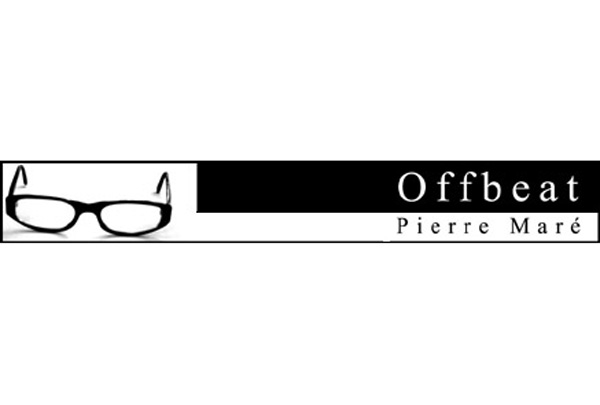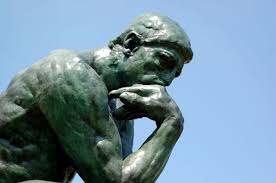
The Layman – When the guns are out

Columnist Pierre Mare attempts to make sense of the law without the help of a lawyer.
A famous Roman guy once said, “When the weapons are out, the laws are silent.” Unfortunately I couldn’t find the quote on the web so I can’t give you his name. I decided to test this idea a while ago, and called the police to ask them when it is legal to shoot someone. Even though I didn’t have a gun in my hand when I made the call, they were very silent, and I still don’t know for sure.
What the Roman guy was talking about was a state of war, when many laws seem to be brushed under the carpet and human rights abuses are committed because either ‘it’s the right thing to do for the country’ or because ‘God is on our side, so it must be right’. I was more interested in guns.
I live in a neighbourhood that loves its guns. From time to time, I hear an alarm late at night and start to count, “One, two, three, four, five…”
It usually takes six or seven seconds before the shots start. It seems as if people don’t have to look around for their weapons. All they have to do is get out of bed and make it to the front door without falling over the dog or stepping on the cat. This happens every now and then, and after a while the burglars learn and the shots stop for a couple of months. Somehow it makes me feel safer. But perhaps it shouldn’t.
Namibians love guns. It is probably one of the most popular ways of winning friends and influencing people. The culture comes from way back, when just opening your back door meant you saw a wild animal: whether it was a threat or a quick way of getting lunch doesn’t really matter. Of course there were other reasons: bandits and cattle thieves to name just two.
Although we now have police, electric fences, barbed wire, security guards, burglar alarms and endangered species, the guns have not gone away. And although burglars get shot from time to time, we more often hear that guns are used as a way of expressing frustration. The press regularly covers love stories that end in bullets and tragedy. It’s almost as if we live in America. And the number of guns is growing.
Having a gun breeds deadly confidence. There is virtually no problem that can’t be solved with one. If you need to protect yourself from burglars and bandits, if you need respect, if you have a problem in love, if you can’t live with yourself, if you really, really can’t get money any other way…
It’s almost as if the laws in our heads have gone silent.
This might be balanced out by making it difficult to obtain guns, however it is actually very easy. If you haven’t committed a crime, and aren’t obviously insane or blind, you can walk into a store, pay for the gun, get the license and start shooting. You don’t need training.
If for some or other reason you can’t get a license, you can get hold of one ‘from a connection’. There must be thousands of these guns in Namibia, and they are usually only found when a crime is committed.
There is a fine line between protection and willful use of a gun. As far as I know, you may use a gun if there is a very serious threat to you or your family. Whether the threat is real or not is an interesting question. Just how frightened was the person who pulled the gun for defensive purposes? Was he or she able to make an objective, responsible decision before he or she pulled the trigger?
There is almost no way to be objective with guns. They are emotional things whether used for defense or offense. Those most affected by this emotion are the children. They, and particularly the males, grow up seeing guns, in the home, in films and as toys, as one of the definitions of masculinity. And whether used or not, they harden themselves to weapons and their use from very early age. By the time they reach adulthood they know how to turn the safety off and fire. They are ready to shoot.
Michael Moore’s film, ‘Bowling for Columbine’ illustrates how gun culture functions. In societies where guns are regarded as vital for defense, guns are used in defense and in committing crime. In societies where guns are not regarded as vital for defense, the opposite is true, or at least gun play drops significantly.
The solution to Namibia’s gun crime must lie in a responsible attitude to guns. They are not entirely necessary given armed response and all the other mechanisms. They should really only be used in defense, and not as a warning mechanism, as in my neighbourhood.
And one of the things that might make the biggest difference is a requirement for training and certification before licensing.
Until something changes, guns will continue to be a threat.












































